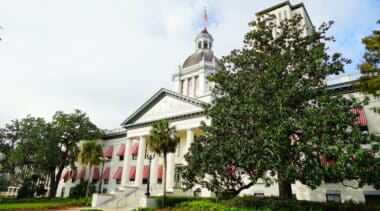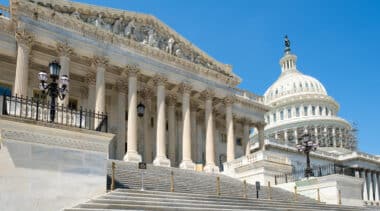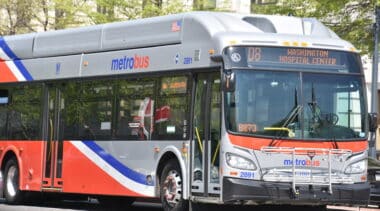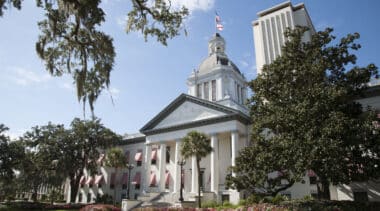-
Increases to contribution rate improve the long-term viability of Florida’s defined contribution plan
Florida policymakers should continue to seek reforms that strengthen the Investment Plan and reduce the risks of public pension debt.
-
States can learn from pension plan design colleges and universities use for professors
Modern public retirement plans need to reflect realistic employment patterns, focus on income replacement, and meet individual needs.
-
Southern California counties should get rid of late fees for traffic fines
Late fees continue to burden many low-income Californians while exacerbating the problems of revenue-oriented policing.
-
Countering attacks on private sector investment in infrastructure projects
Private infrastructure investment firms have a good track record of funding large projects, guaranteeing long-term maintenance, and pioneering innovation.
-
The costs of proposals to add or restore cost-of-living adjustments for public retirees
Between 2010 and 2013, 17 states reduced, suspended, or eliminated COLAs for current workers and retirees to help address public pension debt and costs.
-
Improved drug-testing rules should reduce false positives, helping workers and the transportation industry
With marijuana being increasingly legalized at the state level, the workforce impacts of outdated drug-testing practices are a growing concern.
-
New Hampshire Gov. Sununu pushing state-run marijuana stores
A government monopoly not only violates the basic tenets of free enterprise, but it would also invite federal authorities to arrest state workers.
-
Federal legislation to protect Second Amendment rights of legal cannabis users
The GRAM Act would ensure that individuals are not forced to choose between exercising their constitutional rights to own a gun and legally using cannabis.
-
Idaho’s restriction of overdose reversal medication is a fatal error
Making naloxone available to the public save lives and is cost-effective.
-
Homeschooling is on the rise, even as the pandemic recedes
As of May 2023, 85% of students are enrolled in public schools, 9.6% attend private schools, and 5.4% are homeschooled.
-
The redesign of DC’s bus system is needed, but it leaves many questions
The agency seems to be adding bus services designed for a previous era.
-
Biden administration’s proposed changes would make it easier for agencies to justify regulations
Federal agencies wouldn't have to adequately address the fiscal consequences of most regulations.
-
Public school districts should embrace open enrollment
School districts should embrace open enrollment as a reform with wide-reaching benefits for students currently enrolled in traditional public schools.
-
Research suggests public sector should reexamine how pensions impact recruiting and retaining teachers, public workers
Public pension plans do not impact public employees' decisions in the way policymakers may have believed.
-
Calls to regulate AI ignore how consumers help shape innovation
If we set up tight guardrails against AI evolution and innovation, we may miss out on the benefits of a technology revolution.
-
Early data suggest no health or safety harms from Colorado psychedelics legalization
Colorado voters passed Proposition 122, allowing for the legal possession of some plant-based psychedelics.
-
Open enrollment can help California’s public schools attract students
California has a path to improve school choice for parents and students in ways that parents, schools, and public school supporters should embrace.
-
Florida criminal justice reform would reduce technical violations of probation
Senate Bill 1478 offers Gov. DeSantis a great opportunity to further improve Florida’s parole and community supervision programs.

















